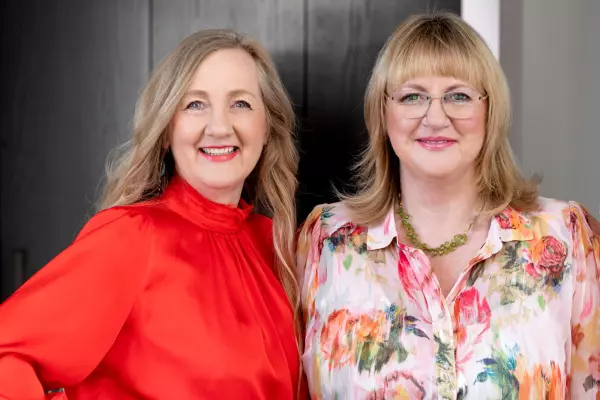Businesses controlled by the charitable trust behind Gloriavale are among those paying company tax after a change in tax rules.
The latest financial returns for the Christian Church Community Trust show businesses owned by the trust paid $500,000 in company tax in the year ending July 2021.
They hadn't done so in previous years and only did last year because of changes introduced by Inland Revenue (IRD), which meant businesses controlled by charities now have to be registered charities themselves to obtain tax-exempt status.
Gloriavale, a religious community on the West Coast, was in the news again this week following an employment court judgment that found three former members were, in fact, employees. The decision opens the door for the Labour Inspectorate and Charities Services to re-examine possible issues in the community.
Testimony from the employment court hearing revealed that Gloriavale set up a holding company in 2019 to hold shares in its trading companies, instead of the companies all being controlled by the charitable trust.
The trust continues to control a limited number of commercial entities, including a midwife business and a deer farm. It reported $19.5 million in revenue in the last reporting period.
During the recent employment court hearing, the court heard allegations that community leaders sought to minimise tax and maximise government benefits.
A senior Gloriavale member told the court: “Jesus taught that we should pay our taxes, which we willingly do.”
The trust declined to comment about the tax change.
However, sector leaders have expressed surprise that Gloriavale hasn’t registered the trading companies controlled by the trust as charities to obtain tax benefits, something other organisations already do.
Tax-exempt? Only if you’re registered
Before IRD introduced the tax change, businesses controlled by charities didn't have to be registered charities themselves to obtain tax-exempt status.
An Inland Revenue spokeswoman said the change was made to increase the transparency and monitoring of the charitable sector.
“It was an integrity measure rather than a revenue-raising measure and took effect for the 2020-21 income year onwards,” she said.
IRD was unable to quantify the effect of the change because no assessment has yet been carried out.
Before the change in rules, if businesses weren’t registered charities their financial records may not have been publicly reported on the charities register, the spokeswoman said.
“If an organisation doesn’t want to register as a charity, then it becomes liable for income tax on profits made,” she said
“This ties in with the intended outcome, which was improved visibility, transparency and monitoring of the charitable sector.”
Andrew Phillips, engagement and business improvement manager at regulator Charities Services, said many businesses run by charities to advance their charitable purposes were already registered ahead of the change.
“Since 2016 and the new reporting standards, they had to be reported as part of a charity anyway, because the charity had to consolidate all of its essentially controlled bodies.”
Weet-Bix maker Sanitarium, for example, is registered as a charity in NZ under the name NZ Health Association. It is part of the Seventh Day Adventist Church in NZ's reporting group.
During a joint interview with Phillips and his colleague Stephen Reilly, head of regulatory at Charities Services, the pair said there was an increase in charity registrations following the change but not as many as expected.
There are more than 28,000 registered charities in NZ.
IRD also made a change to donee status rules. From April 2020, charitable organisations were required to be registered charities to have donee status, which allows donors to claim a donation tax credit, and companies or Māori authority donors to claim an income tax deduction against their taxable income.















